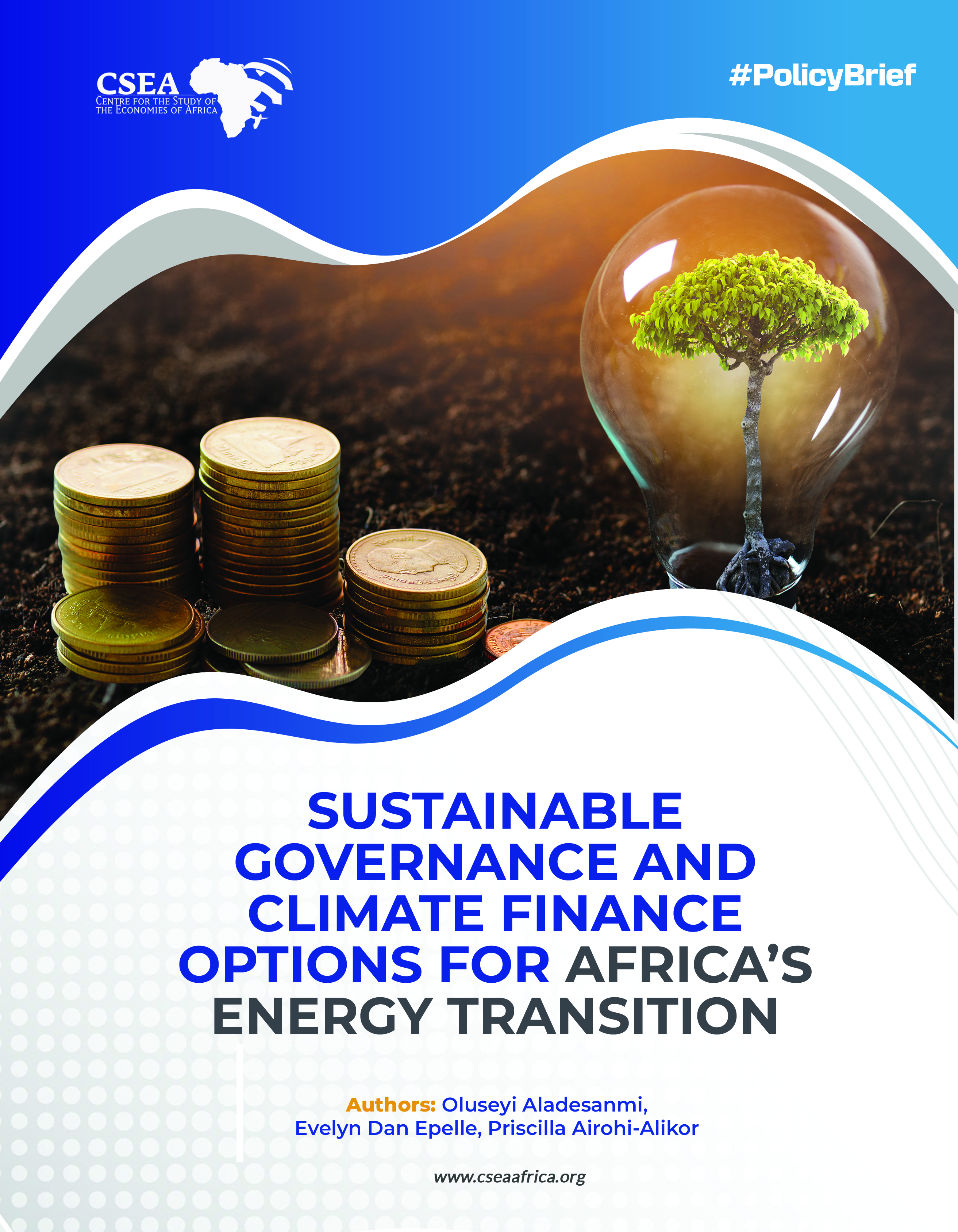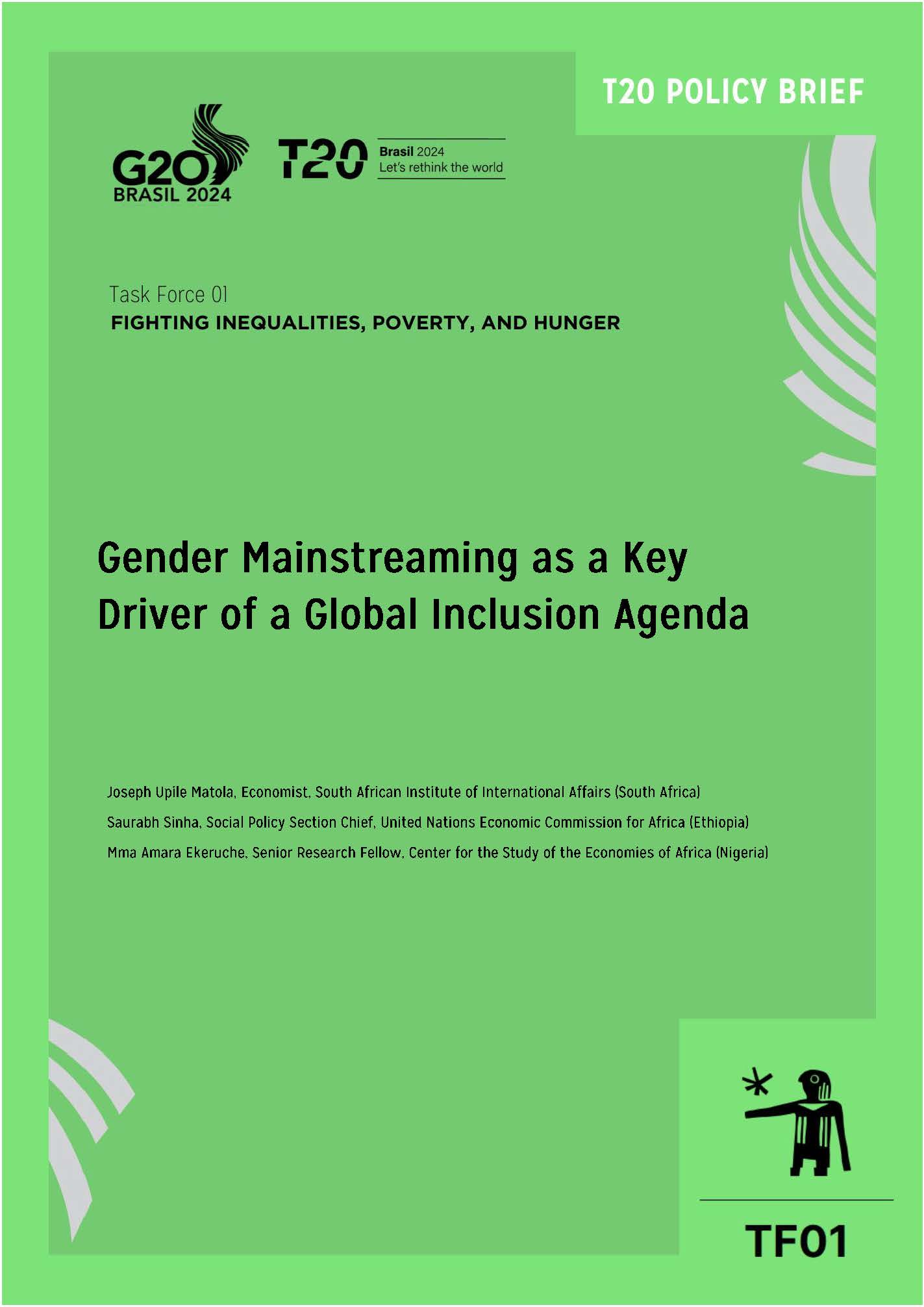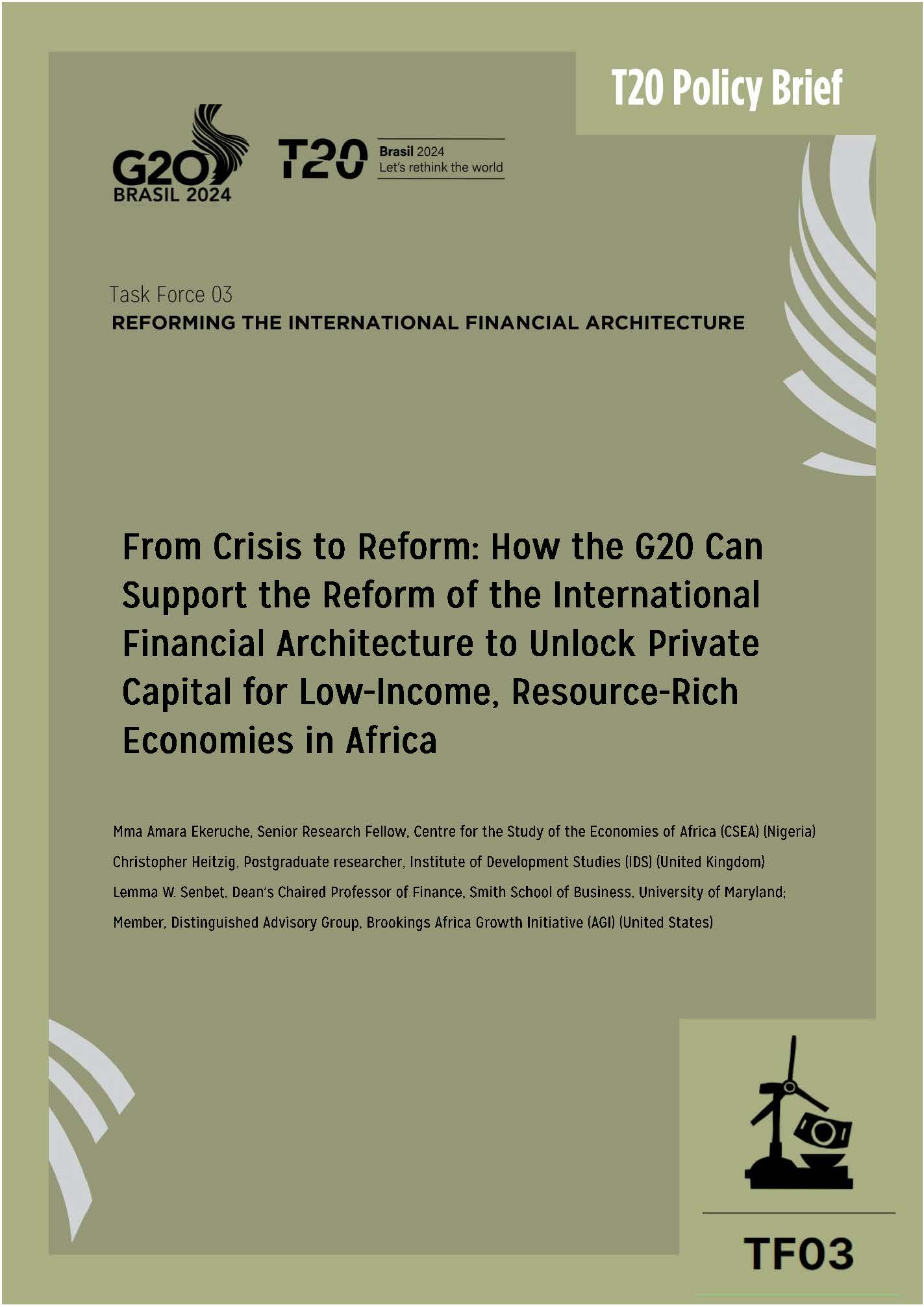Research Imperative of human resources in effective public procurement: Challenges and prospects in Nigeria
Public procurement is an important component of governance, as it comprises purchases by a government to ensure quality and efficient public service delivery. The public procurement process requires technical competence in various areas, including financial, legal, administrative, sector-specific knowledge, and an understanding of local and global supply chains from where the public goods and services will be sourced. In this regard, the human resource system and skill development programs, often referred to as human development, are part of extensive public procurement reforms. Appiah (2011) argued that the effective application of procurement regulations requires a well-trained workforce, and human resource development initiatives must be periodic and consistent, given the constant evolution in the budgeting system or political and economic environments.
Read more via Brookings


 English
English
 Arab
Arab
 Deutsch
Deutsch
 Português
Português
 China
China




